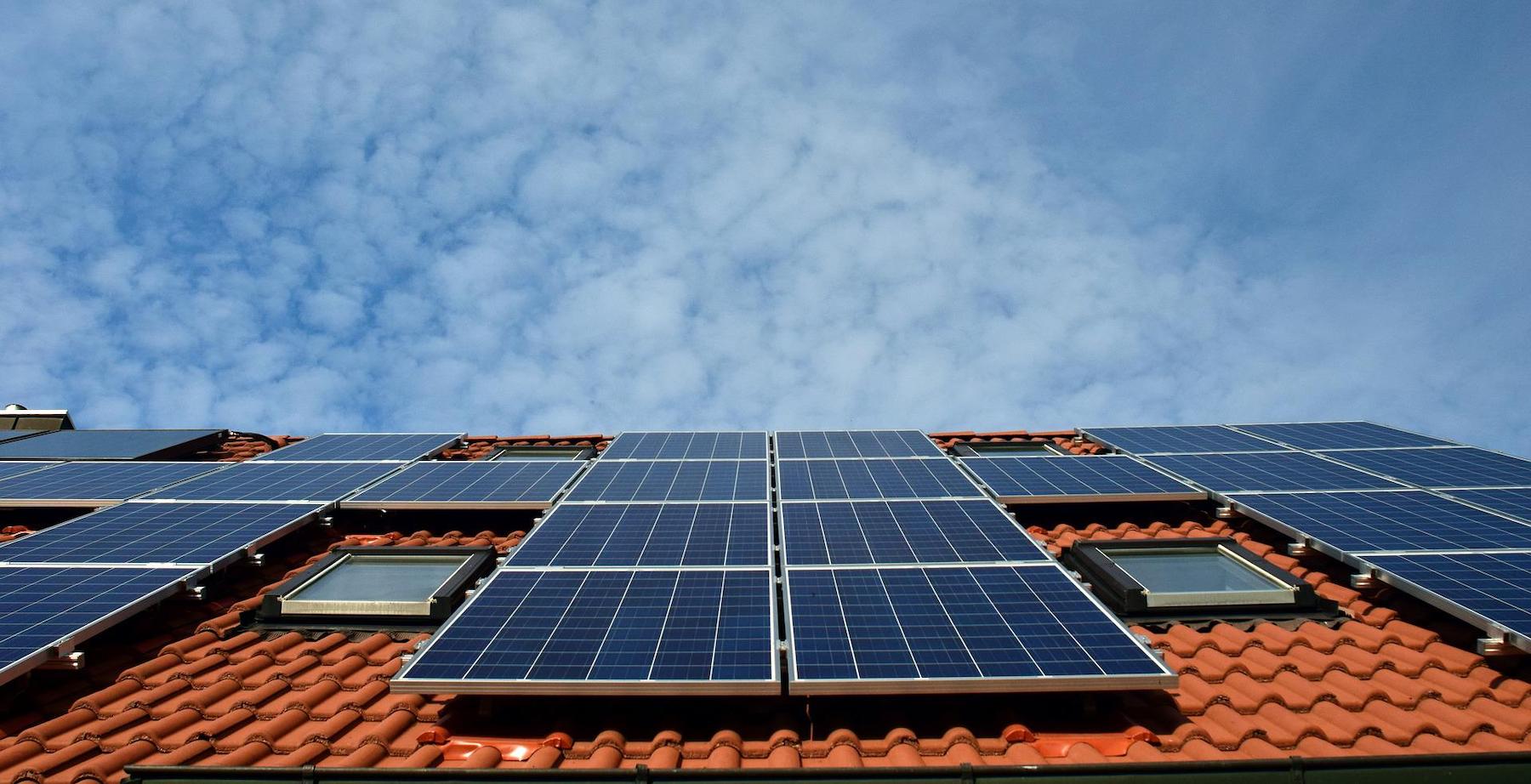The Solar Energy Industries Association (SEIA) is launching a 501(c)3 non-profit organization to accelerate the transition to carbon-free electricity.
The Solar and Storage Industries Institute (SI2) will be SEIA’s charitable and educational arm, with the goal of using research, public education initiatives, and policymaker engagement to remove barriers to clean energy deployment. The organization will focus on issues such as “land use concerns, antiquated rate designs, workforce development and environmental justice, and interconnection roadblocks, all in an effort to combat climate change and create a more equitable clean energy economy,” according to a SEIA news release.
The first research project will develop best practices and other resources for solar companies looking to create large-scale solar projects. Siting clean energy projects requires community engagement and long-term planning that minimizes impact to the environment and surrounding community, the release says.
These projects must also account for access to transmission lines, upgrades to grid infrastructure, and several other factors that can affect the outcome of a large-scale solar project. Solar energy accounts for roughly 4% of U.S. electricity generation today, SEIA says. If solar energy reaches 30% of U.S. electricity generation by 2030, electricity sector emissions would be cut in half.
Related Stories
| Nov 29, 2012
Government policies help accelerate adoption of green building
Green procurement policies or green building mandates can help accelerate the adoption of green building practices, according to research by Timothy Simcoe and Michael Toffel.
| Nov 26, 2012
Minnesota law to spur development, job creation produced few jobs
Legislation that allowed local governments to direct excess property tax dollars from tax-increment financing districts into other private developments was supposed to kick-start construction hiring in Minnesota.
| Nov 26, 2012
How to boost resilient systems that are sustainable
Cities of the future can be both more resilient and more sustainable by promoting strategies that include solar power and green roofs, programs that minimize demand for energy, rain gardens, and permeable pavement.
| Nov 26, 2012
Developer of nation’s first LEED platinum skyscraper focuses on carbon reduction
The Durst Organization, the developer of the first LEED platinum certified skyscraper in the country, says it will not seek LEED certification for its residential pyramid planned for New York’s West 57th Street.
| Nov 26, 2012
Questions linger over ability of Miami's newer high-rises to withstand hurricanes
Some towers in Miami, rebuilt after a hurricane in 2005, were allowed to be constructed under older building codes instead of newer ones created after Hurricane Wilma.
| Nov 26, 2012
Changes in development and building standards needed for health of Potomac River
The Potomac River’s health stands to suffer if the region does not change its development and building standards, according to the Potomac Conservancy.
| Nov 16, 2012
South Dakota prefers LEED over building code on state projects
“(LEED is) much better than a mandatory building code because you get a little wiggle room in these projects,” said Mike Mueller, a spokesman for the South Dakota Bureau of Administration.












